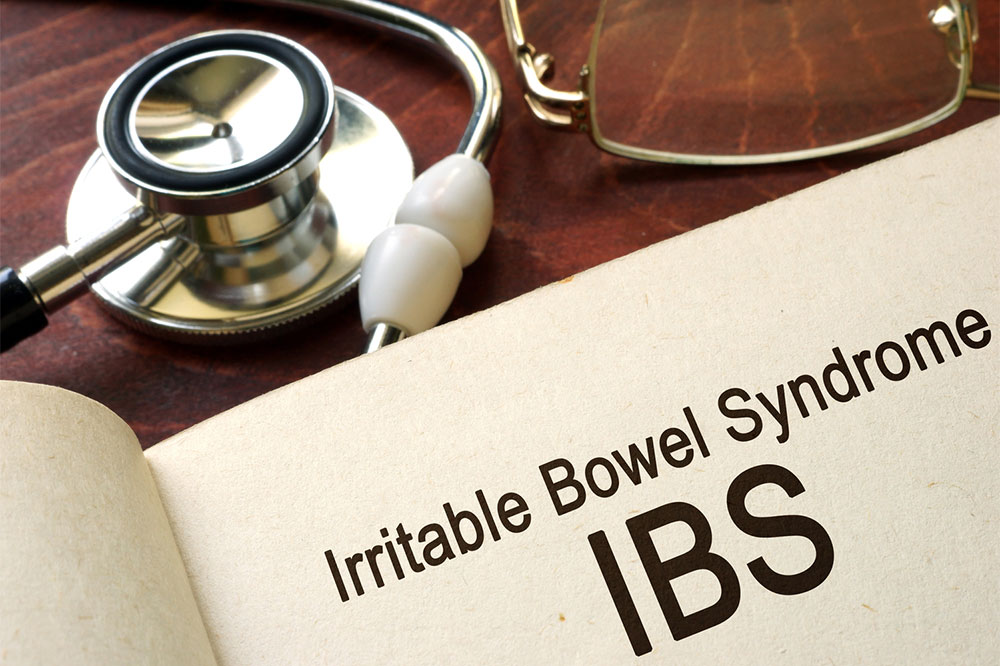Comprehensive Guide to Understanding and Managing Diarrhea: Causes, Prevention, and Treatment Strategies
This comprehensive guide explores the causes, symptoms, and effective management techniques for diarrhea. It emphasizes proper hydration, dietary strategies, hygiene practices, and preventive measures to support digestive health. Learn when to seek medical help and how to prevent future episodes of diarrhea through lifestyle adjustments and awareness.

Comprehensive Guide to Understanding and Managing Diarrhea: Causes, Prevention, and Treatment Strategies
Diarrhea is a common gastrointestinal condition characterized by the frequent passage of loose or watery stools. It affects individuals of all ages and can vary from mild discomfort to severe dehydration, posing significant health risks if not managed properly. Understanding the underlying causes of diarrhea, recognizing its symptoms, and knowing the effective management and prevention techniques are essential for maintaining digestive health and overall well-being.
At its core, diarrhea results from disruptions in the normal functioning of the intestines. Various factors can trigger this condition, including infections, dietary habits, medications, and underlying health issues. The most prevalent causes include bacterial infections such as Salmonella, Escherichia coli (E. coli), and Shigella, as well as viral infections like norovirus and rotavirus. Parasitic infections—such as Giardia lamblia—are also significant contributors, especially in areas with poor sanitation.
Aside from infections, dietary causes play a critical role. Consuming contaminated food or water can introduce bacteria and parasites, leading to digestive disturbances. Additionally, food intolerances, especially to lactose and gluten, can cause chronic diarrhea in susceptible individuals. Certain medications, notably antibiotics, can disturb the gut flora balance, resulting in antibiotic-associated diarrhea.
Beyond infections and diet, other factors such as stress, anxiety, and underlying digestive disorders like irritable bowel syndrome (IBS), inflammatory bowel disease (IBD), Crohn’s disease, and ulcerative colitis contribute to persistent or recurrent diarrhea episodes. Age, immune status, and overall health also influence susceptibility to diarrhea and recovery speed.
Recognizing Symptoms of Diarrhea
Effective management begins with recognizing the symptoms. Typical signs include frequent, watery stools, abdominal cramps, bloating, urgency to defecate, and sometimes fever or dehydration symptoms such as dry mouth, dizziness, and decreased urination. In infants and the elderly, diarrhea can rapidly lead to dehydration, requiring prompt medical intervention.
Essential Measures for Managing Diarrhea
Proper hydration is the cornerstone of diarrhea management. Since fluid loss can quickly lead to dehydration, drinking plenty of clean, safe water is vital. Oral rehydration solutions (ORS), which contain a precise balance of salts and sugars, effectively replenish lost electrolytes. These solutions are especially crucial for children and vulnerable populations. Avoiding caffeine, alcohol, and sugary beverages is recommended as they can worsen dehydration and irritate the digestive system.
Dietary adjustments are equally important. During active diarrhea episodes, it’s advisable to follow a bland, easy-to-digest diet. Consuming bananas, rice, applesauce, and toast (BRAT diet) can help firm up stool and provide gentle nourishment. Plain yogurt containing probiotics can restore good bacteria in the gut, promoting recovery. Ginger tea or fresh ginger may alleviate nausea and improve digestion.
Other supportive measures include reducing intake of spicy, greasy, or fibrous foods, which can aggravate symptoms. Rest and stress management contribute to faster recovery, particularly in cases where diarrhea is linked to stress-related gastrointestinal disturbances.
When to Seek Medical Attention
While mild diarrhea often resolves within a few days with self-care, certain situations necessitate prompt medical evaluation. Seek immediate medical attention if diarrhea persists for more than two days, especially in infants, the elderly, or immunocompromised individuals. Warning signs include high fever, blood or mucus in the stool, severe abdominal pain, signs of dehydration, or if diarrhea follows recent travel to regions with poor sanitation.
Persistent or severe symptoms can indicate underlying conditions requiring targeted treatment. Diagnostic tests such as stool analysis, blood tests, or endoscopy may be necessary to identify causative agents and guide therapy.
Preventive Strategies to Avoid Future Diarrhea Episodes
Prevention is always better than treatment. Maintaining proper hygiene practices, such as thorough handwashing with soap and water before meals and after using the restroom, significantly reduces infection risk. Ensuring food safety by thoroughly cooking meats, washing fruits and vegetables, and avoiding contaminated water sources are pivotal steps.
For individuals prone to food intolerances, identifying and avoiding trigger foods helps prevent chronic diarrhea. Additionally, when prescribed antibiotics, it’s important to follow the healthcare provider’s guidance to minimize adverse effects on the gut microbiota.
Probiotics, whether through supplements or fermented foods, can help maintain healthy gut flora and prevent episodes of diarrhea, especially after antibiotic use. Regular check-ups and managing stress through relaxation techniques may also contribute to digestive health stability.
Conclusion
Diarrhea, though common, should never be ignored if symptoms persist or worsen. Understanding its causes, recognizing symptoms early, and adopting effective management strategies can significantly improve outcomes and quality of life. Maintaining proper hydration, dietary modifications, good hygiene habits, and seeking timely medical care are essential tools in effectively managing diarrhea. By adopting preventive measures, individuals can reduce the likelihood of future episodes, supporting ongoing digestive health and overall wellness.





